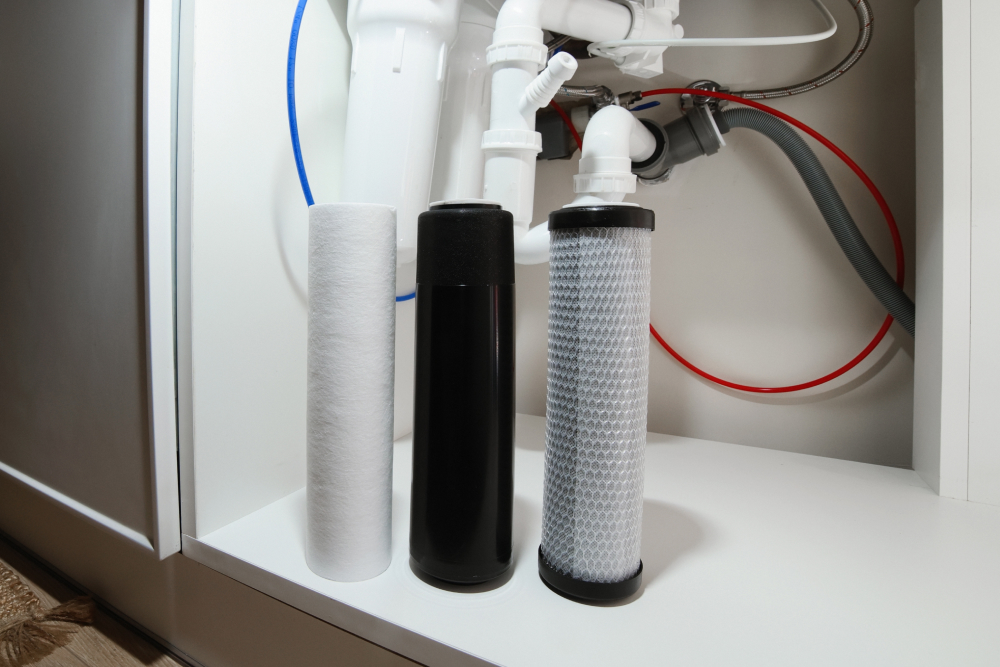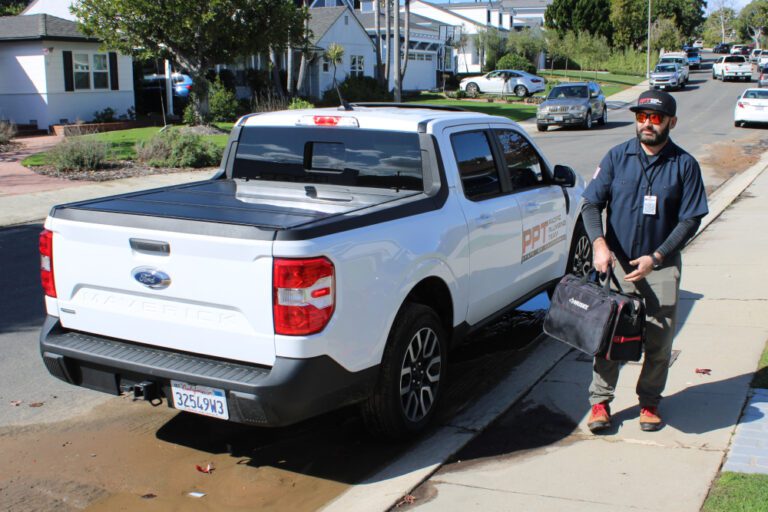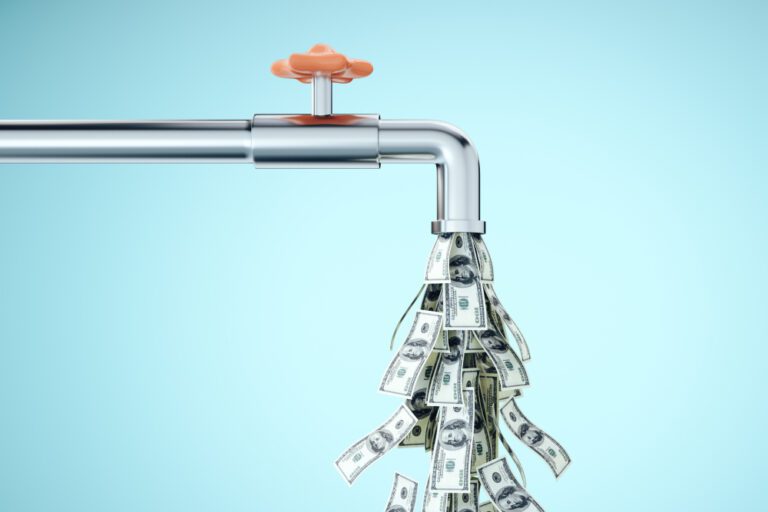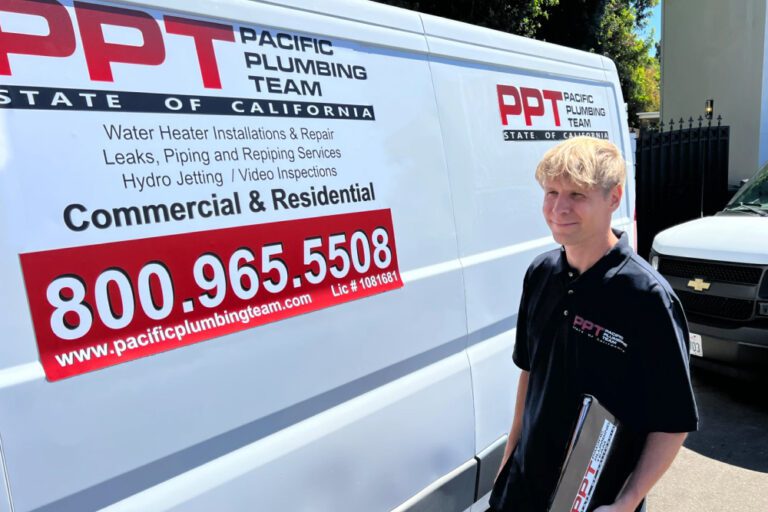Hey there, ever found yourself knee-deep in a DIY plumbing project, only to realize you’ve made a mess instead of fixing the issue? Don’t sweat it, you’re not alone. Plumbing may seem straightforward, but one wrong move can lead to a cascade of problems.
In this article, we’re diving into the world of DIY plumbing disasters, shedding light on what NOT to do. From lack of preparation to mishandling chemical drain cleaners, we’ll uncover the pitfalls and perils of amateur plumbing adventures.
So, grab a seat and get ready to learn from the mistakes of others. After all, prevention is better than a flooded basement, right? Let’s get started.
Lack of Preparation
Have you ever started a plumbing DIY project only to realize you’re halfway through missing crucial tools or materials? Lack of preparation is one of the biggest culprits behind DIY home plumbing problems. Here’s why:
- Incomplete Tool Kit: Not having the right tools on hand can grind your project to a halt. Each tool plays a crucial role in getting the job done, from pipe wrenches to plumber’s tape.
- Missing Materials: Have you ever tried to fix a leaky pipe without replacement fittings? It’s like trying to patch a tire without a spare—it’s not going to happen. Before starting your project, ensure you have all the necessary pipes, fittings, and other materials.
- Improper Planning: Jumping into a plumbing project without a clear plan is a recipe for disaster. Take the time to understand the problem. Moreover, research the necessary steps. Gather all the required materials before getting started.
- Underestimating Time: Plumbing projects often take longer than expected, especially if you encounter unexpected complications. Allocate enough time for the project, and don’t rush through it to avoid mistakes.
- Lack of Knowledge: You’re setting yourself up for failure without a basic understanding of plumbing systems and repair techniques. Educate yourself on the task at hand and seek guidance if needed before diving in. You might be better off calling a professional plumber if you find this too difficult, intimidating, or stressful.
Ignoring Safety Measures
Skipping safety measures during DIY house plumbing projects is taking unnecessary risks. Why gamble with your well-being? Here’s why prioritizing safety is non-negotiable:
- Protective Gear: Working with plumbing systems involves handling sharp tools, hot water, and chemicals. Without proper protective gear like goggles, gloves, and sturdy footwear, you risk injury.
- Chemical Hazards: Many plumbing tasks involve the use of harsh chemicals like drain cleaners. Ignoring safety precautions when handling these chemicals can result in skin irritation, eye damage, and respiratory problems. Always read and follow the manufacturer’s instructions carefully and use protective gear.
- Electrical Hazards: Plumbing and electricity don’t mix. When working near electrical components, ignoring safety measures can lead to electric shocks and fires. Always shut off the power supply to any nearby electrical outlets or fixtures before starting plumbing work.
- Heavy Lifting: Moving heavy pipes, fixtures, or tools without proper lifting techniques can strain your back and cause muscle injuries. Don’t be a hero – use mechanical aids like dollies or enlist the help of a friend to avoid unnecessary strain.
- Slips and Falls: Water and slippery surfaces are common in plumbing work. Ignoring safety measures like securing ladders and wearing non-slip footwear can lead to painful falls and serious injuries. Take precautions to ensure a safe working environment.
Incorrect Pipe Connections
Making incorrect pipe connections during a DIY plumbing project can lead to epic plumbing failures. Here’s why getting those connections right is crucial:
- Leakage Risk: Mismatched or improperly connected pipes are a recipe for leaks. Whether it’s a loose fitting or a misaligned joint, even a small gap can lead to water seepage, which can damage walls, floors, and belongings.
- Burst Pipes: When pipes are connected incorrectly, they’re under unnecessary stress. Over time, this stress can weaken the pipes and lead to bursts, flooding your home and causing extensive damage.
- Water Pressure Issues: Incorrect connections can disrupt the flow of water through your plumbing system, resulting in uneven pressure or reduced water flow. This can affect the performance of your fixtures and appliances and lead to frustrating water pressure problems.
- Cross-Contamination: Mixing up hot and cold water lines or connecting clean water lines to sewage pipes can lead to cross-contamination. It poses serious health risks. Improper pipe connections can introduce harmful bacteria or chemicals into your drinking water supply.
- Compliance Concerns: Building codes and regulations dictate specific requirements for pipe connections to ensure safety and efficiency. Failing to adhere to these standards can result in fines, failed inspections, and even legal consequences.
Overlooking Plumbing Codes and Regulations
Turning a blind eye to plumbing codes and regulations during a DIY project can set the stage for a plumbing nightmare. Here’s why staying on the right side of the rulebook is your ticket to smooth sailing:
- Safety Risks: Plumbing codes exist to ensure the safety and well-being of occupants. Ignoring them can result in hazardous conditions such as improper venting, inadequate drainage, or faulty gas line installations, putting your home and family at risk.
- Structural Damage: Non-compliance with plumbing codes can compromise your home’s structural integrity. Improperly installed pipes or fixtures may leak, leading to water damage, mold growth, and even foundation issues over time.
- Failed Inspections: If you plan to sell your home or make significant renovations, you’ll likely face inspections from local authorities. Failing to meet plumbing code requirements can delay your project, incur costly fines, or even halt construction altogether until compliance is achieved.
- Insurance Voidance: Home insurance policies often require compliance with building codes and regulations. If your DIY plumbing work causes damage and it’s found to be non-compliant, your insurance claim may be denied, leaving you responsible for the repair costs.
- Legal Consequences: Ignorance of the law is no excuse. Violating plumbing codes can result in legal penalties, citations, or lawsuits from affected parties. Educating yourself on local regulations and obtaining necessary permits before undertaking any plumbing project is essential.
Mishandling Chemical Drain Cleaners
Dabbling with chemical drain cleaners during your DIY plumbing endeavors can lead to a messy situation with significant repercussions. Before you uncork that bottle of liquid drain cleaner, here’s why it’s worth pausing for a second thought:
- Health Hazards: Chemical drain cleaners contain harsh ingredients like lye or sulfuric acid, which can cause severe burns to the skin, eyes, and respiratory tract upon contact or inhalation. Mishandling these cleaners without proper protective gear can result in painful injuries and long-term health complications.
- Pipe Damage: Chemical drain cleaners are designed to dissolve clogs by generating heat and pressure. However, they can also corrode or weaken pipes, especially older or delicate materials like PVC or galvanized steel. Using these cleaners excessively or incorrectly can lead to costly pipe damage and leaks.
- Environmental Impact: Chemical drain cleaners are harmful to your health and the environment. When poured down the drain, they can contaminate water sources, harm aquatic life, and contribute to pollution. Improper disposal of leftover cleaners can further exacerbate environmental damage.
- Ineffective Solutions: While chemical drain cleaners may offer a quick fix for minor clogs, they often provide only temporary relief. Stubborn blockages or underlying plumbing issues may require professional intervention or alternative methods to address effectively. Relying solely on chemical cleaners can lead to repeated clogs and ongoing problems.
- Risk of Accidents: Accidental mixing of different types of drain cleaners or combining them with other household chemicals can produce toxic fumes or explosions. Improper storage or handling of these cleaners can also lead to spills, splashes, or unintentional ingestion, posing additional risks to your safety and well-being.
Not Shutting Off Water Supply
Neglecting to shut off the water supply before starting a plumbing project is a common oversight that can lead to DIY plumbing problems. Here’s why taking a moment to turn off the water can make all the difference in ensuring a smooth and successful plumbing endeavor:
- Water Damage: Working on pressurized plumbing systems without shutting off the water can lead to unexpected leaks or bursts. One slip of a wrench, and you could find yourself facing a geyser of water flooding your home.
- Personal Safety: High water pressure can turn a routine plumbing repair into a dangerous situation. If you don’t shut off the water, you risk getting sprayed with scalding hot water. You can also get injured by flying debris if a pipe bursts unexpectedly.
- Property Protection: Water damage can wreak havoc on your home, causing structural damage, mold growth, and the ruin of valuables. Shutting off the water supply before starting your project can prevent costly damage and preserve your property.
- Preventative Measure: Shutting off the water supply is a simple but effective way to minimize the risk of accidents. It’s a small step that can save you from major headaches down the line.
- Ease of Repair: Working on dry pipes is much easier and safer than maneuvering around flowing water. Shutting off the water supply gives you a clear workspace and can also reduce the likelihood of mistakes or accidents.
Plumb Smart, Stay Safe: Your Home's Plumbing Depends on It
From DIY disasters to safety measures, you’re now equipped to tackle plumbing projects with confidence. Remember to prep, prioritize safety, and follow regulations.
Unsure? Call the Pacific Plumbing Team! We are your emergency plumber that you can always count on! Your home’s plumbing is too important to leave to chance. Plumb smart, stay safe, and enjoy a hassle-free plumbing experience!
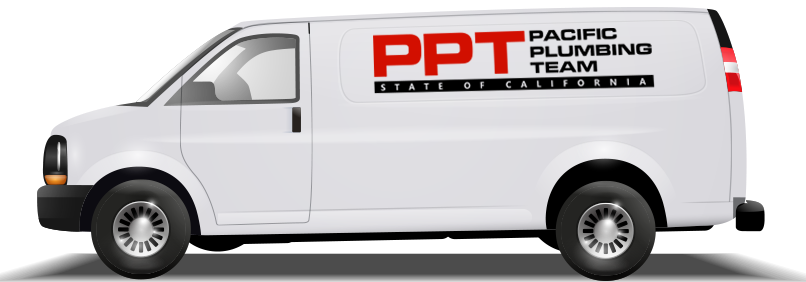
Your Partners in Plumbing Solutions
Don't let a clogged sink disrupt your daily routine. Contact Pacific Plumbing Company today for efficient and reliable solutions. Our experienced team is ready to tackle any plumbing challenge, providing prompt service and peace of mind. Let us handle the clogs so you can get back to what matters most.
